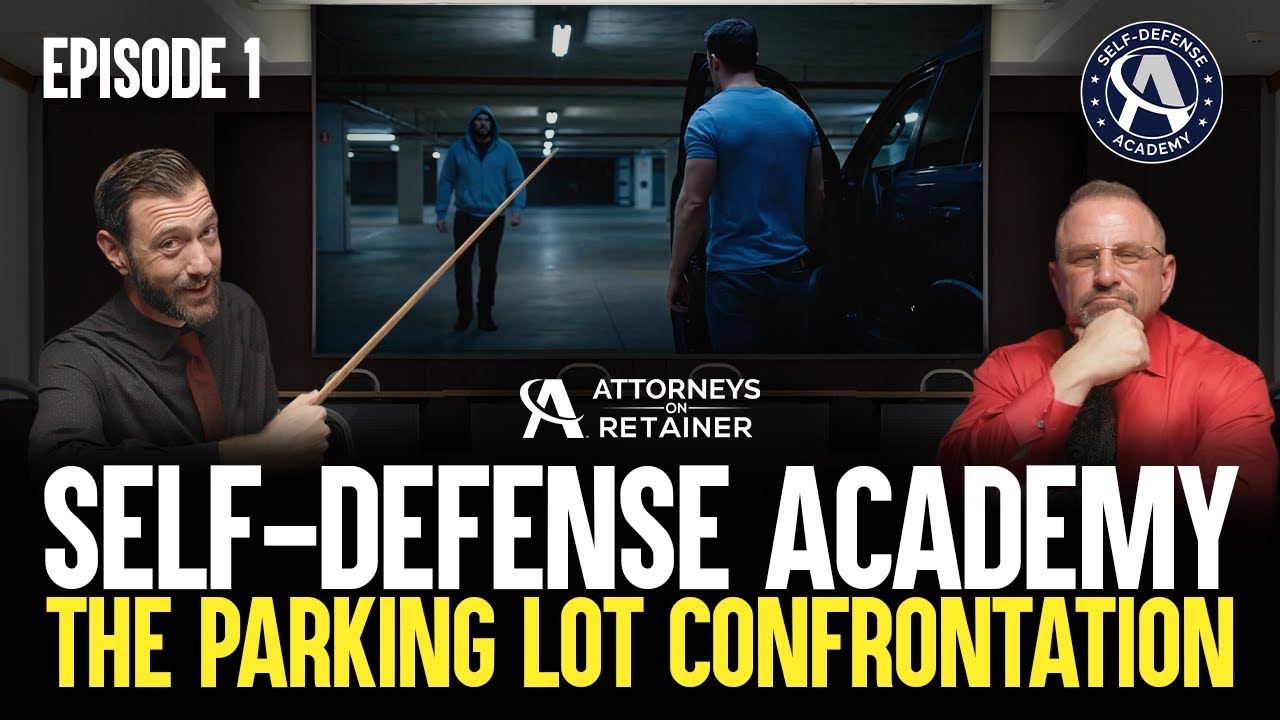Rare Breed v. ATF: Update in the FRT Saga
Featuring Attorney Rachel Moss
June 3, 2025
This May, the Department of Justice (DOJ), announced a settlement between the National Association for Gun Rights (NAGR), Rare Breed, and ATF. Hopefully, it will bring an end to this era. Criminal defense attorney Rachel Moss breaks it all down, including the terms and settlement listed in the court document.
What is an FRT?
A Forced Reset Trigger (FRT) is a type of semi-automatic trigger system designed to reset quickly after each shot. In 2022, the ATF declared that enough is enough, eventually calling out FRTs to be “machine guns” under the National Firearms Act (NFA), leading to major court battles. The classification of an FRT as a machine gun meant that owners could be in question of violating federal laws if they did not comply with NFA regulations. Previous back-and-forth litigations in various federal circuits set a preliminary injunction protecting FRT owners, while others threatened gun owners who legally purchase these devices.
“This is why the FRT issue was so important to many Americans. They purchased what they thought was a lawful item for their firearm, an FRT, and they later learned it is determined to be an illegal machine gun.”
Multiple lawsuits followed thereafter. NAGR v. Garland: A Texas case that scored a permanent injunction blocking the ATF’s classification. Meanwhile, New York had its own legal case: U.S. v. Rare Breed Triggers.
The Settlement
On May 16, 2025, the DOJ and Rare Breed reached an agreement. The DOJ’s official line was about “public safety” and saving everyone from “protracted litigation.” Officials like Pam Bondi stressed that the court respects the Second Amendment and would like to end unnecessary court battles. NAGR called it a glorious takedown of the “tyrannical” ATF.
“So, the tone of the DOJ’s settlement press release versus the NAGR’s is very different.”
Settlement Breakdown
- Who’s Covered: NAGR, Rare Breed, Texas gun rights organizations, and select individuals.
- All Lawsuits = Done: Cases in both Texas and New York got dropped.
- No One Pays Legal Fees: Everybody covers their own costs to avoid either party from claiming victory or loss.
- Return of the FRTs: If you had to give up your FRT, you can get it back, unless it’s evidence in a crime. The deadline is September 30, 2025.
- No Handgun Triggers: Rare Breed agrees not to make FRTs for handguns.
- Patent Patrol: Rare Breed must monitor the FRT market and report knockoffs, bearing the cost. It must also promote the safe use of these products on its website.
The Highlights
While FRT owners will regain possession of their equipment, the resolution stops short of a full win. There will be no lawsuits permitted against the ATF for past enforcement actions, no approval for new handgun-compatible FRTs, and an informal expectation for Rare Breed to promote safe usage.
“There’s not any specifics here in what Rare Breed has to post, how much they have to post, where they have to post it, what promoting the public safety actually means.”
This settlement marks a significant shift in the ongoing debate over gun regulation and forced reset triggers (FRTs). By reaching an agreement, the federal government avoided a potentially unfavorable ruling from the Supreme Court that could have limited its regulatory power over firearms. In return, FRT owners will have their confiscated property returned, and the case concludes without either side admitting fault. While the settlement does not legalize future sales of handgun-compatible FRTs, it allows both parties to move forward without a definitive legal precedent being set.
If you want to learn more about our Attorneys On Retainer Program and how we are committed to defending your gun rights, please call 866-404-5112 or email us.



